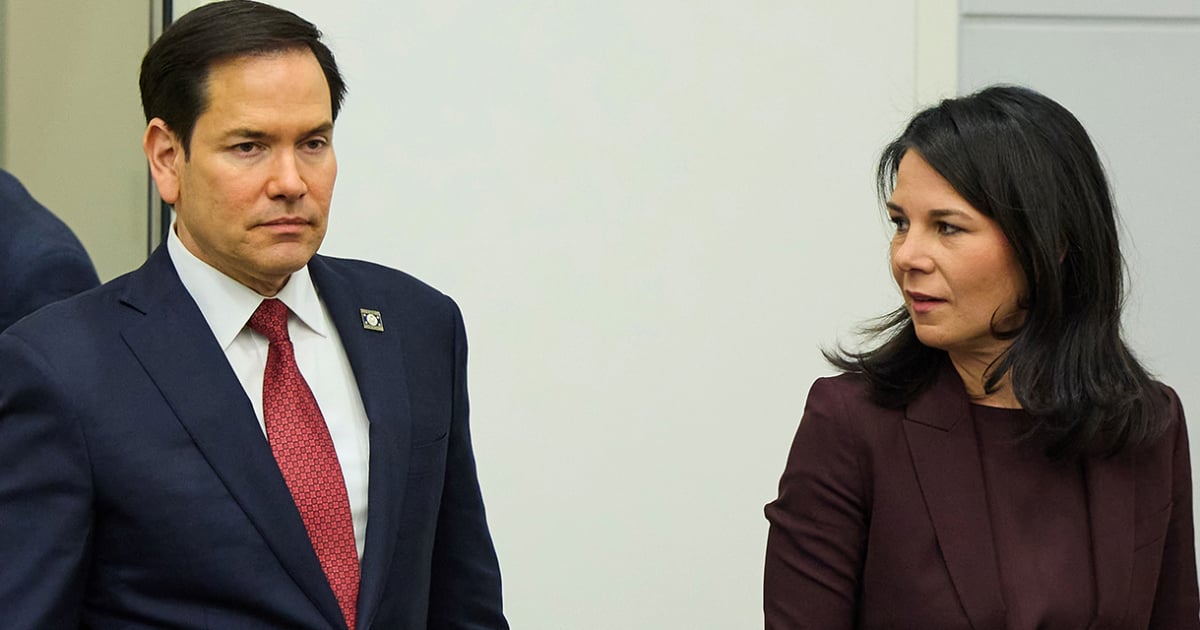The German Foreign Ministry delivered a strong response on Friday to U.S. Secretary of State Marco Rubio's criticisms. Rubio had labeled the German government's decision to grant its intelligence agency new surveillance powers over the far-right party Alternative for Germany (AfD) as "tyranny in disguise." "This is democracy," the German Foreign Ministry stated on its official X account, emphasizing that the measure results from a "thorough and independent" investigation aimed at safeguarding the Constitution and the rule of law. "Our history has taught us that right-wing extremism must be stopped," the ministry added.
Tensions have flared following the decision by the Federal Office for the Protection of the Constitution to classify AfD as a right-wing extremist organization. This classification allows intelligence services to employ tools such as informants, recordings, and surveillance to monitor their activities.
On X, Rubio criticized that "Germany has just granted its spy agency new powers to monitor the opposition" and defended AfD by claiming that the truly extremist policies are the "deadly open-border immigration policies" of the current German government. Supporting the far-right party, U.S. Vice President JD Vance and business magnate Elon Musk, who has actively promoted AfD on the X platform, also spoke out.
The AfD, which secured second place in the February elections, has been accused of "despising human dignity" and inciting against migrants and refugees, according to German intelligence. Its leaders, Alice Weidel and Tino Chrupalla, condemned the decision as a "severe blow to democracy" and announced plans for legal action.
This controversy erupts on the eve of the 80th anniversary of the end of World War II, amid a political process that could see conservative Friedrich Merz ascend to the position of chancellor. So far, the "firewall" isolating the far-right from institutional power remains intact.
Understanding Germany's Response to U.S. Criticism
Why did Germany grant new surveillance powers to its intelligence agency?
Germany granted new surveillance powers to its intelligence agency as part of a measure resulting from a thorough and independent investigation aimed at protecting the Constitution and the rule of law against right-wing extremism.
How did Marco Rubio react to Germany's decision?
Marco Rubio criticized Germany's decision, labeling it as "tyranny in disguise" and defending AfD by arguing that the true extremism lies in the German government's open-border immigration policies.
What has been the reaction within Germany to the AfD's classification?
Within Germany, the classification has been contentious, with AfD leaders condemning it as a severe blow to democracy and announcing intentions to pursue legal actions against the decision.
